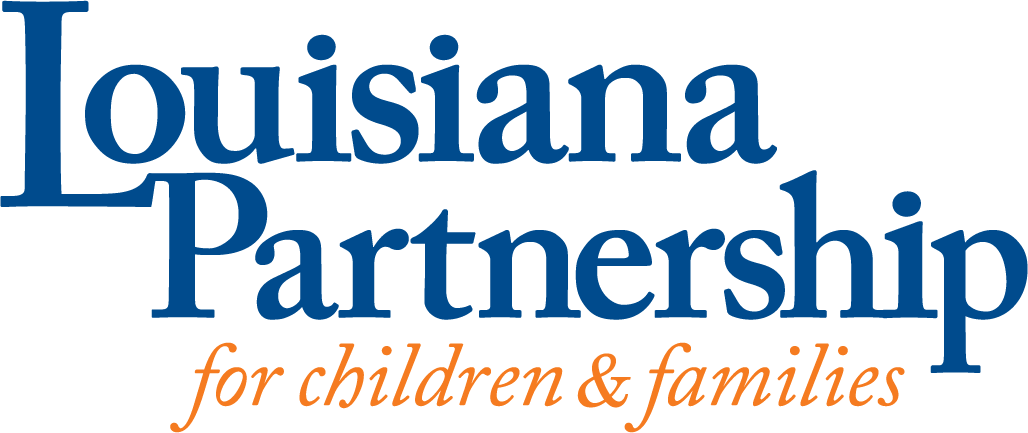Helping Children in Times of Disaster
 Children, especially young children, respond in many different ways following a disaster. These two outstanding books, co-authored by Baton Rouge's own Cate Heroman, offer outstanding resources for parents and caregivers. Many thanks to Cate for sharing this information!
Children, especially young children, respond in many different ways following a disaster. These two outstanding books, co-authored by Baton Rouge's own Cate Heroman, offer outstanding resources for parents and caregivers. Many thanks to Cate for sharing this information!
HOW CHILDREN BEHAVE AFTER A TRAUMATIC EVENT
Excerpt from HELPING CHILDREN REBOUND by Cate Heroman and Jenna Bilmes:
Young children have a hard time adjusting to change and loss. They cannot grasp the concept of permanent loss and often see consequences as reversible. When they experience the flood firsthand, they may feel helpless and powerless. Because they lack the ability to protect themselves or others, they feel intense fear and insecurity. Young children are beginning to develop coping skills, but they often do not have the language to express their feelings.
Children react to stress in different ways and will recover from a disaster at different rates. The degree to which they are affected depends on factors such as these:
- how close they were to the disaster (e.g., whether they were rescued by boat or saw news coverage of rescues)
- how quickly their basic physical needs were met
- their family situation before the flood (e.g., divorce, new baby, moving to a new school)
- how their family members react to the disaster
- their disposition and resiliency
In the weeks following the flood, young children's play may reflect aspects of the event. They may reenact a particular incident repeatedly. Over time, you should see the play progress from reenacting destruction to becoming hopeful and moving on. For example, you may initially see play focused on destruction such as building blocks and knocking them down. As children work through their feelings over time, their play might progress to pretending to be a construction worker who is rebuilding houses. Whether this play progression occurs will give you some insight into how well children are adjusting.
To read more, download this free two resources:
- Helping Children Rebound: Strategies for Preschool Teachers
- Helping Children Rebound: Strategies for Infant Toddler Teachers
Copyright Louisiana Partnership for Children and Families - Comments & corrections pertaining to this website should be addressed to the webmaster. Updated May 2025
